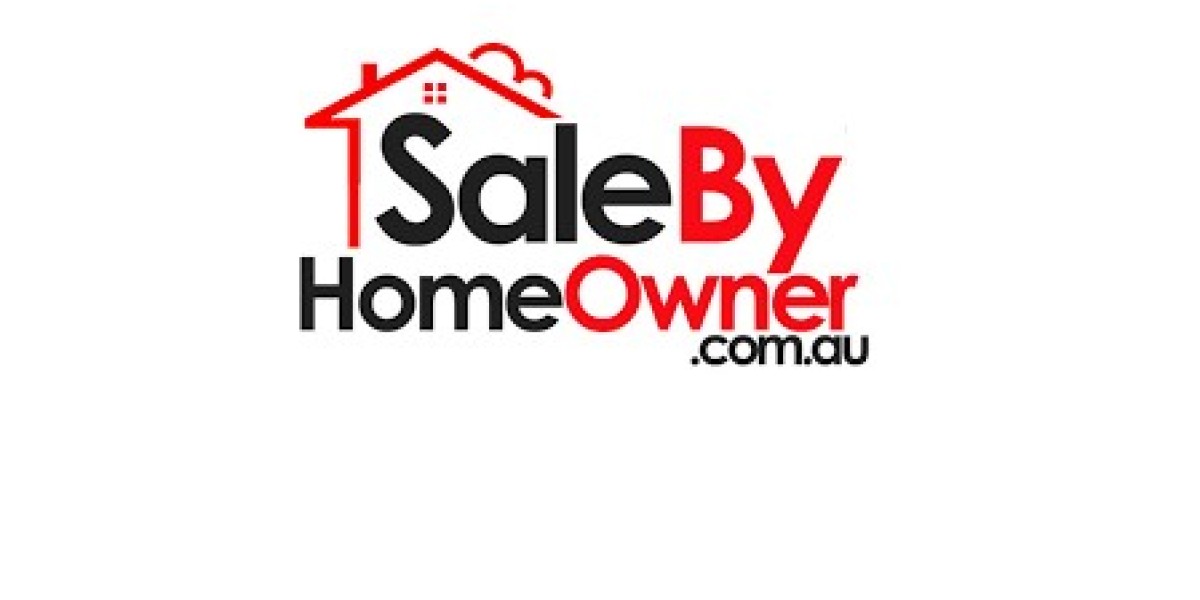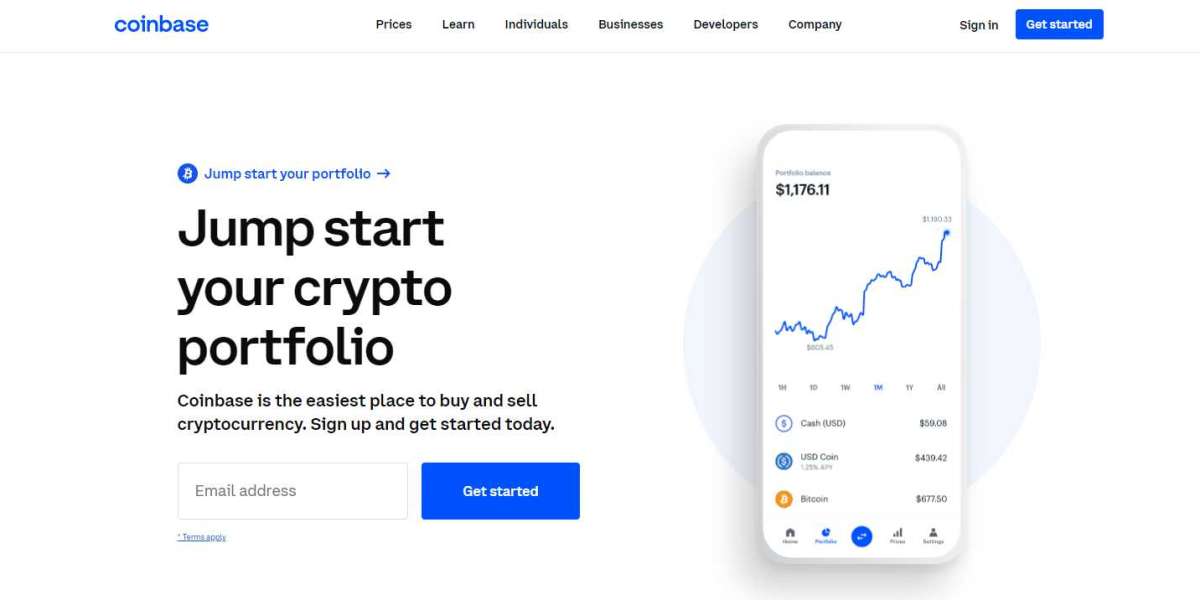Buying and selling property is a major life decision that can have a significant impact on your finances and lifestyle. Whether you’re looking to move due to a job transfer, a change in family circumstances, or simply want to cash out on a profitable investment, one question often arises: How quickly can you sell a house after buying it?
The answer is not always straightforward. The speed at which you can sell a home after purchasing it depends on a variety of factors, including market conditions, the specific terms of your purchase, and your readiness to list the property. In this article, we’ll explore the key considerations that influence how fast you can sell a house after buying it.
1. Understanding the Market Conditions
The real estate market is constantly fluctuating, and market conditions play a significant role in how quickly you can sell your home. When the market is hot, with high demand and low supply, you can expect a faster sale. However, during a buyer’s market, where there are more homes for sale than buyers, the selling process may take longer.
If you're looking to sell immediately after purchasing, be aware that you may have to wait for the market to improve if you’re in a slow market. In contrast, if you’re in a seller’s market, where demand is high, and inventory is low, you could sell within days or weeks of purchasing.

2. Capital Gains Tax and the 2-Year Rule
One important consideration when selling a house shortly after buying it is the potential tax implications. In many cases, when you sell a home for a profit, the IRS may require you to pay capital gains tax on the proceeds. However, the good news is that the IRS offers an exclusion for homeowners who meet certain conditions.
To qualify for this exclusion, you must have owned and lived in the home for at least two out of the last five years before the sale. If you don’t meet this requirement, you may be subject to paying capital gains tax on the sale, which could reduce the profit you make from selling. If your intention is to sell soon after purchasing the property, consult with a tax professional to understand how this may affect your financial situation.
3. Mortgage Considerations
When you purchase a home, you usually take out a mortgage to finance the property. If you want to sell shortly after buying it, you need to consider how your mortgage works. Some mortgages, especially those with low or no down payment, may have restrictions or penalties for selling too soon after purchasing.
For example, some lenders may require you to pay a prepayment penalty if you sell within a certain period after buying. This is something to keep in mind when deciding how quickly to sell. In addition, you may need to pay off the remaining mortgage balance before you can transfer ownership of the property. If you plan to sell quickly, make sure you understand the financial obligations tied to your mortgage.
4. Property Condition and Marketability
The condition of your property is another factor that can impact how fast you can sell it. If the house you bought is in great shape, it will likely sell faster than one that requires extensive repairs or updates. Even if you’ve just purchased a home, putting in the time and effort to make it presentable can significantly increase its marketability and appeal to buyers.
Home staging, repairs, or upgrades can be small but impactful ways to improve the likelihood of a fast sale. However, keep in mind that major renovations or repairs can take time, which might delay the selling process. If you bought a fixer-upper with the intention of flipping it quickly, consider the time and effort required to make the property sellable.
5. Your Selling Strategy
Your selling strategy also plays a crucial role in how quickly your house will sell. If you’re eager to sell immediately after purchasing, it’s important to be realistic about the listing price. Pricing the home too high can result in it sitting on the market for months, while pricing it too low might cause you to miss out on potential profit.
Work with a real estate agent who can help you set an appropriate price based on comparable sales in the area. Additionally, consider offering incentives to attract buyers, such as covering closing costs or offering a home warranty. The more attractive your home is to potential buyers, the faster it will likely sell.
6. The 6-Month Mark: The Sweet Spot
Although you can technically sell a house as soon as you buy it, many sellers find that waiting at least six months after purchasing leads to better outcomes. After six months, you have time to get to know the property, make any necessary improvements, and better understand the market dynamics. This time frame also allows you to avoid potential tax consequences related to capital gains.
Moreover, a longer ownership period allows you to assess the overall value of the property and its long-term potential. If you sell too quickly, you may miss out on opportunities for appreciation or growth in property value.
7. Buyer’s and Seller’s Considerations
Finally, the speed at which you can sell a house after buying it also depends on whether you are a buyer or seller. If you’re buying a house with the intention of flipping it or making a quick profit, you should ensure that you are financially prepared to make the sale happen quickly.
As a seller, you’ll want to market the home effectively to attract serious buyers. Be prepared for negotiations and work with a skilled agent to speed up the process. Additionally, as a seller, consider whether you can afford to carry both a mortgage and a new home purchase simultaneously if you're in a rush to move.
Conclusion
In conclusion, while there are no guarantees on how fast you can sell a house after buying it, several factors can influence the timeline. Understanding the local market conditions, mortgage requirements, tax implications, property condition, and your selling strategy will help you navigate the process efficiently.
The key takeaway is that with proper planning, timing, and strategy, it is possible to sell your home quickly, whether you're doing so for personal or financial reasons. Working with a real estate agent and seeking expert advice can also help you make informed decisions and accelerate the process.



